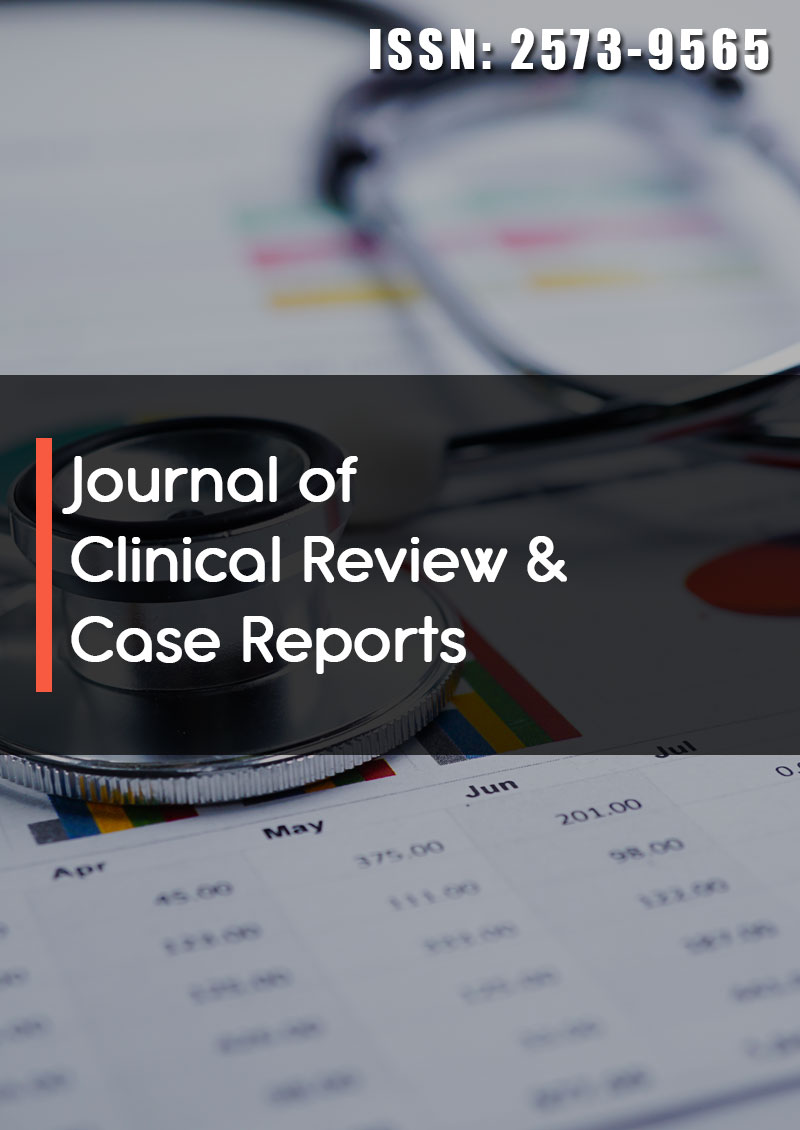Gastric Perforation in Ndola: Zambia: A Case Report
Abstract
Duncan D Mugala, Mwamba Simutowe, John Musongole, Anchindika Mugala and Chibale Benaya
It is known that there is problem of gastric perforation (GP) in Africa, in the Japanese and the Western countries. However it occurs much less frequently [1,2]. Some cases have been free perforation and some have been major bleeding in patients with gastric cancer. Perforations are serious conditions with potentially dangerous effects however they are rare [3]. There is also evidence that neonatal gastric perforation (GP) does occur but it is a very rare event. It is associated with a poor prognosis and there is still much debate about its etiology [4]. It is believed that the perforation occurs in the lesser curvature and anterior wall of the stomach. Some authors think that gastric Perforation (GP), is caused by a mechanical rupture of the stomach wall, as a result of increased intragastric pressure, in adults, full-term and premature infants [5]. There is also a theoretical concern that the capnoperitoneum (Increased intra-abdominal pressure 10-12mmHg), may aggravate peritonitis and induce septic shock. It is associated with a poor prognosis [6]. The Gastric perforation is also seen that one of four ulcer perforations can be attributed to the use of nonsteroidal anti-inflammatory drugs, a risk factor of particular in the elderly [2]. In peptic ulcer or gastric perforation, Endoscopy and or Laparoscopy are being increasingly used in conditions even though there is complication of peritonitis [7-9].



